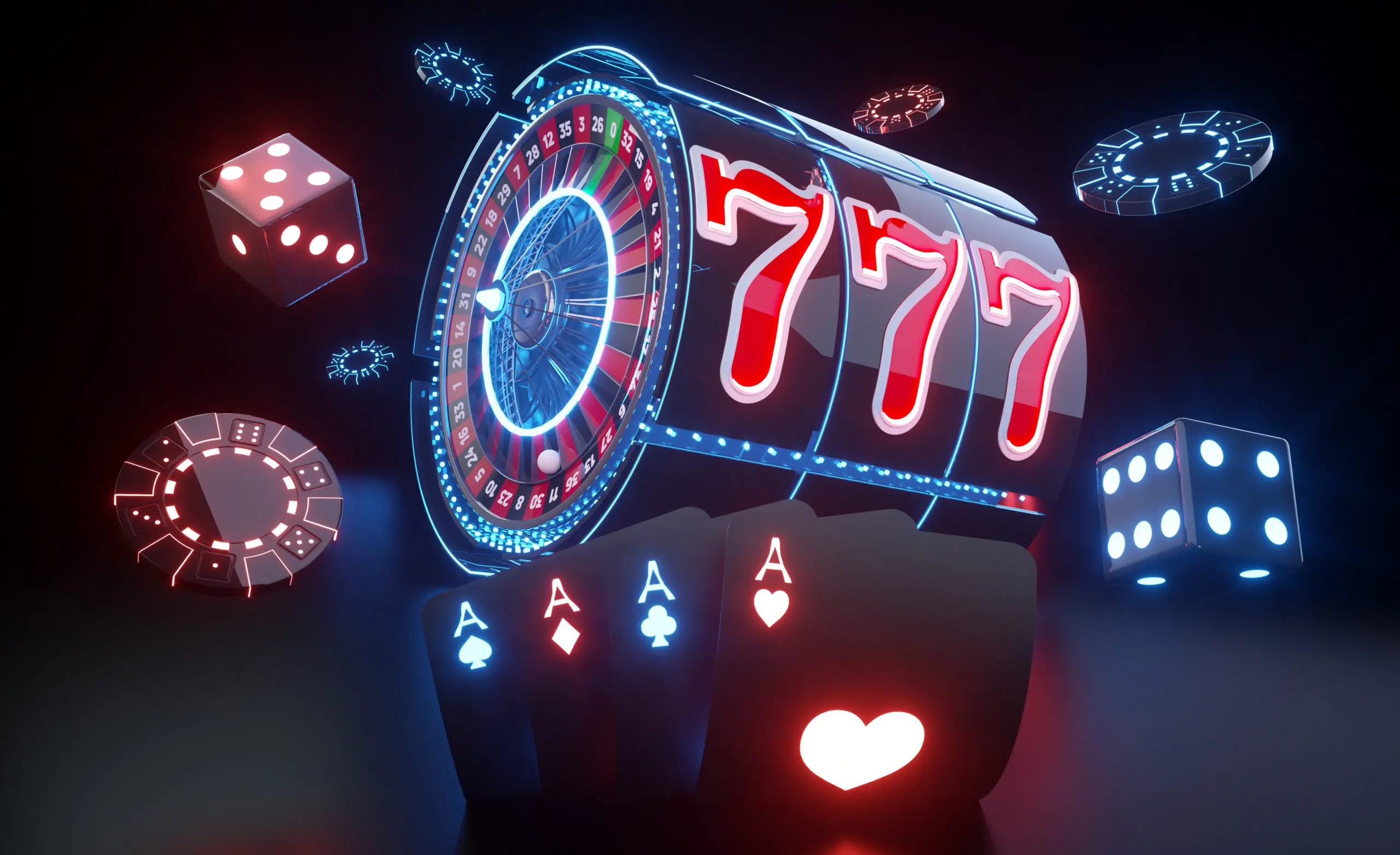Luck, that elusive and mysterious force, is a concept deeply intertwined with the world of gambling. From the spin of the roulette wheel to the shuffle of cards in blackjack, luck plays a pivotal role in determining the outcome of these games. But is luck truly random, or is there a scientific basis behind it? In this article, we delve into the intriguing world of the science of luck in gambling, exploring the role of probability, psychology, and even quantum mechanics in shaping our perception of luck, all while keeping an eye on platforms like mostbet pk that offer a unique perspective on these games of chance.
The Role of Probability
At the heart of gambling lies the concept of probability. Probability theory is a mathematical field that helps us understand how likely an event is to occur. In gambling, probability is the key to determining the odds and payouts associated with different bets and outcomes. Let’s take a look at some classic examples to illustrate the role of probability in popular casino games.
- Roulette: In roulette, a spinning wheel is divided into numbered pockets, and a ball is dropped onto the wheel. The pocket in which the ball lands determines the winning number. The probability of the ball landing in any specific pocket is determined by the number of pockets and the layout of the wheel. For example, in European roulette, which has 37 pockets (numbers 1 through 36 plus a single zero), the probability of the ball landing on any specific number is 1/37, or approximately 2.7%. This is the fundamental probability that underlies all bets in roulette.
- Blackjack: In blackjack, players aim to get a hand value as close to 21 as possible without exceeding it. The probability of drawing specific cards from a standard deck influences the likelihood of winning or losing a hand. Card counting, a technique employed by skilled players, involves tracking the cards that have already been dealt to gain an advantage by predicting the likelihood of specific cards appearing in future hands.
- Slot Machines: While slot machines may appear to be purely luck-based, they are programmed to operate according to a predetermined probability distribution. The outcome of each spin is determined by a random number generator (RNG), which ensures that over the long run, the machine pays out a certain percentage of the money wagered, known as the return-to-player (RTP) percentage. However, in the short term, luck can result in significant wins or losses.
The Psychology of Luck
Luck is not merely a mathematical concept; it also has a profound psychological impact on gamblers. The perception of luck can influence decision-making, risk-taking, and emotional responses during gambling activities. Here are some psychological aspects of luck in gambling:
- Illusion of Control: Gamblers often believe they can control or influence the outcome of games of chance. This illusion of control can lead to overconfidence and risky betting behavior. For example, a player may think they have a lucky charm or a special technique that will improve their odds, even when the game is purely luck-based.
- Near-Miss Phenomenon: Slot machines and other games are designed to create a sense of near misses, where players come close to winning but fall just short. This psychological trick can lead players to believe that they are “almost there” and encourage them to continue playing, even though the outcomes are entirely random.
- Superstitions and Rituals: Many gamblers have superstitions or rituals they believe bring them luck. These can range from wearing a particular item of clothing to performing a specific routine before playing. While these rituals have no scientific basis, they can provide a sense of comfort and confidence to the individual.
- Positive and Negative Recency: Gamblers often attribute winning or losing streaks to luck. When on a winning streak, they may feel lucky and continue playing, while a losing streak can lead to frustration and a belief in bad luck. In reality, these streaks are often the result of random fluctuations.
The Quantum Luck Hypothesis
While probability and psychology play crucial roles in gambling, some scientists have explored the intriguing idea that quantum mechanics may be involved in luck. Quantum mechanics is a branch of physics that deals with the behavior of particles at the smallest scales, and it is known for its inherent randomness and uncertainty.
The quantum luck hypothesis suggests that the outcomes of certain events, including those in gambling, may be influenced by quantum processes. According to this theory, the random nature of quantum events could extend to macroscopic scales, such as the roll of dice or the spin of a roulette wheel.
However, it’s important to note that this hypothesis remains highly speculative, and there is currently no empirical evidence to support it. While quantum mechanics is a fascinating field of study, its connection to gambling luck is a topic of ongoing debate and exploration.
Conclusion
The science of luck in gambling is a multifaceted and complex subject that combines elements of probability, psychology, and even quantum mechanics. While probability theory provides the foundation for understanding the odds and outcomes of various games, psychology influences how gamblers perceive and respond to luck. The quantum luck hypothesis, though intriguing, remains a speculative concept without concrete evidence.
Ultimately, luck in gambling is a combination of chance, perception, and personal belief. While there may be no foolproof way to control luck, understanding the role of probability and psychology can help individuals make informed decisions when engaging in games of chance. Whether you’re a seasoned gambler or someone who enjoys the occasional bet, the science of luck adds depth and fascination to the world of gambling, making it a topic worthy of exploration and discussion.

